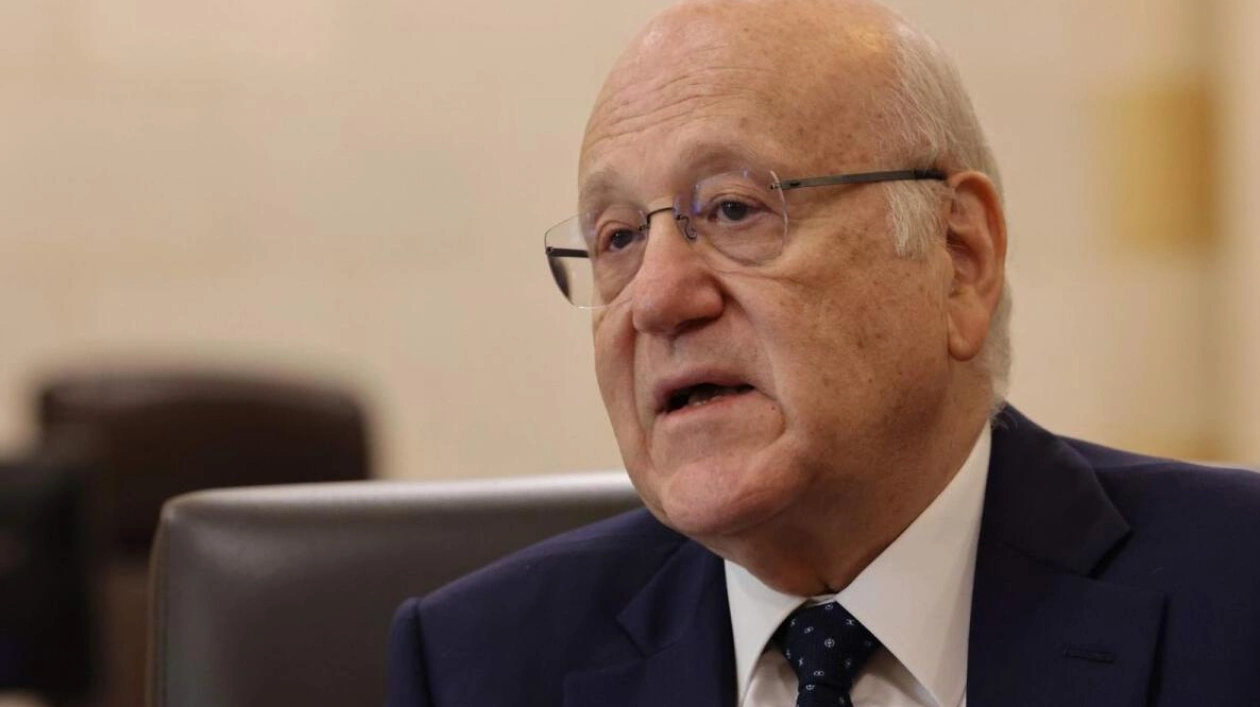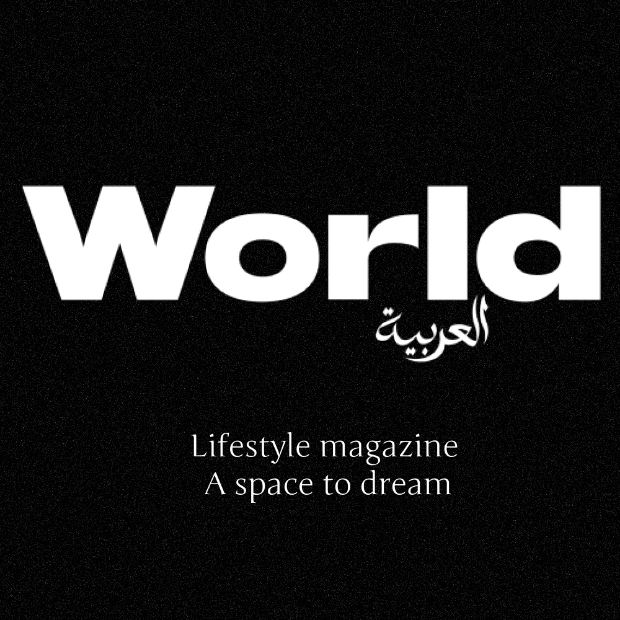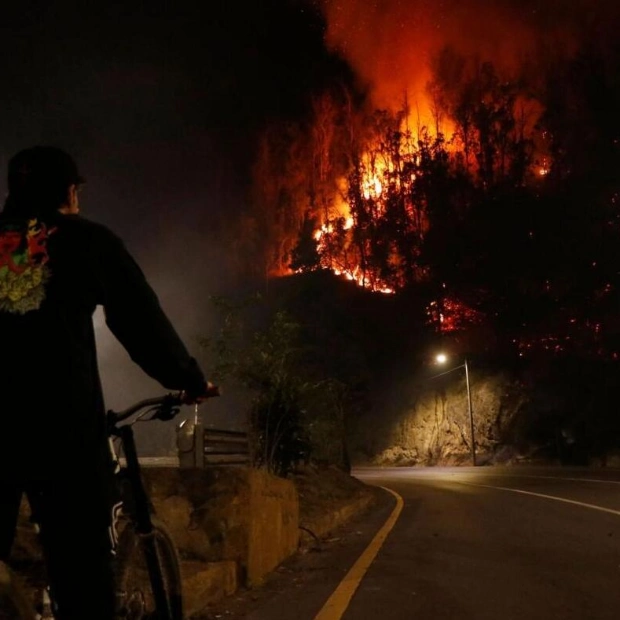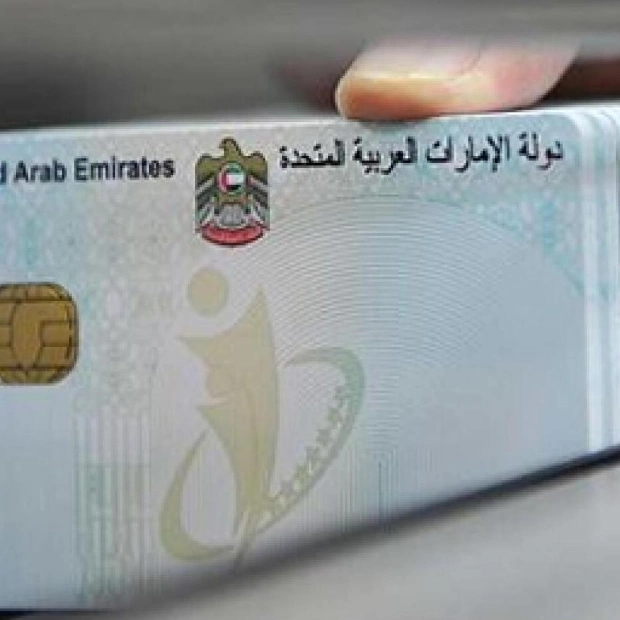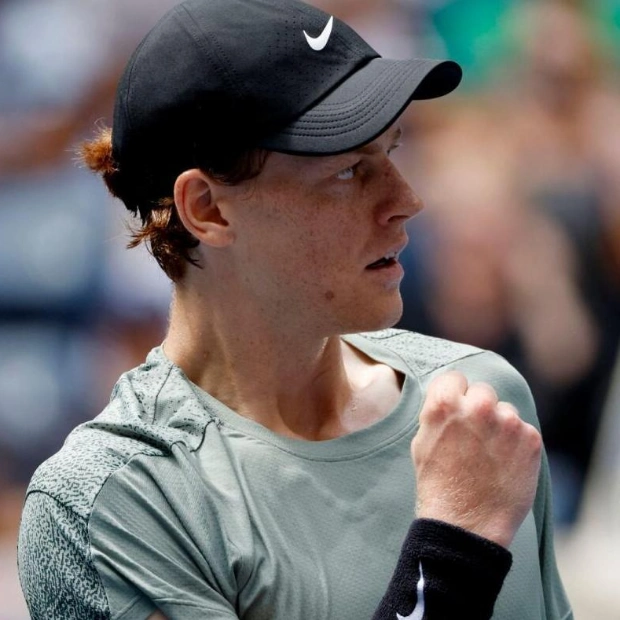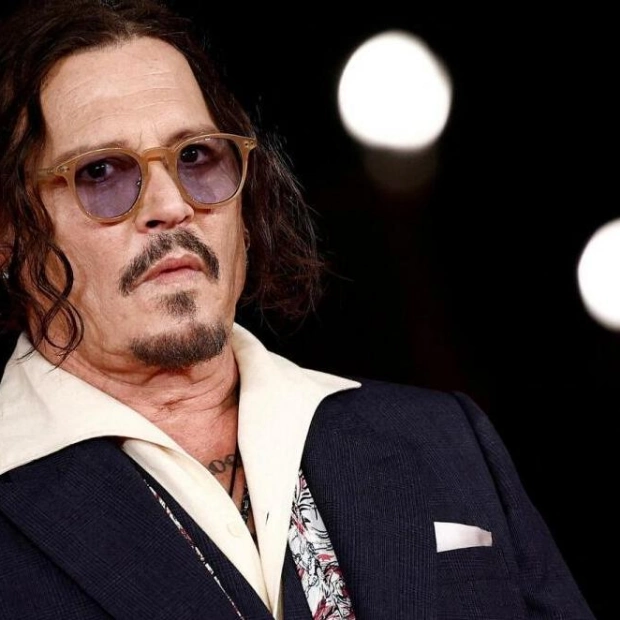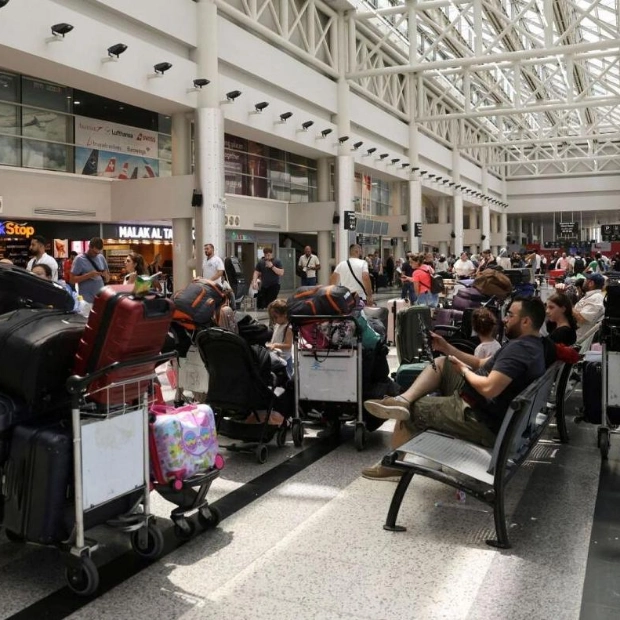Lebanon's Prime Minister Najib Mikati accuses Iran of attempting to establish an 'unacceptable guardianship' over Lebanon, according to AFP.
With Iran-backed Hezbollah facing significant setbacks due to Israeli attacks, analysts suggest that the United States and Iran are engaged in a standoff over Lebanon's future. Hezbollah, the dominant regional force supported by Iran, has long held significant influence in Lebanon. However, the group's power is now in doubt following Israel's assassination of its leader, Hassan Nasrallah.
Michael Young from the Carnegie Middle East Centre notes that Lebanon is caught in a 'tug of war between Iran and the United States.' He explains that Israel, with American support, is using military force to shift the balance of power in Lebanon in their favor. There are no indications that Iran will accept this change without a fight.
Hezbollah is better armed than Lebanon's national military and remains the only group not to have disarmed after the 1975-90 civil war. Last year, it opened a new front with Israel over the Gaza conflict, supporting its ally Hamas. The group carefully managed its attacks to prevent a full-scale conflict, which eventually escalated on September 23 when Israel intensified its bombings of Hezbollah strongholds, including southern Beirut.
The United States has called for a ceasefire but also supports Israeli efforts to 'degrade Hezbollah's infrastructure.' US Secretary of State Antony Blinken recently emphasized the Lebanese people's strong interest in their state taking responsibility for the country's future.
Kim Ghattas, author of 'Black Wave,' a book on the Saudi-Iran rivalry, observes that Lebanon is caught between Iran and Hezbollah on one side and Israel and the US on the other. However, she notes that Washington's and Israel's war goals and tactics do not always align. The US aims to weaken Hezbollah, possibly even disarm the group, but is cautious about Israel's military campaign going too far.
Israeli Prime Minister Benjamin Netanyahu warned Lebanon it could face destruction 'like Gaza' if it continues to support Hezbollah. Iran, meanwhile, aims to preserve its influence in Lebanon and ensure the survival of its regime, balancing support for Hezbollah with signals of readiness for diplomacy.
Lebanon's Prime Minister Najib Mikati recently criticized Iran for 'blatant interference' over ceasefire terms, accusing Iran of attempting to establish an 'unacceptable guardianship' over Lebanon.
As the Israel-Hezbollah conflict approaches its one-month mark, there are growing calls for Lebanon to elect a new president after a two-year political deadlock. The last president, Michel Aoun, was a Hezbollah ally, making the upcoming vote a critical test for the country's political landscape.
In an interview with AFP, Mikati stated that serious efforts are underway to elect a president, in line with calls from the United States and other Western allies. Lebanese political leaders are carefully advocating for a new president, mindful of not appearing to exploit Hezbollah's setbacks for political gain.
Michael Young notes that Lebanese parties hostile to Hezbollah understand the delicate situation and do not want to provoke the Shia community, which feels humiliated and isolated. Suspicion between sects has grown since the Israeli-Hezbollah war displaced Shia communities into Christian-majority areas, but many are wary of a repeat of the country's 15-year war.
The Israeli invasion of Lebanon in 1982, which led to the creation of Hezbollah, remains a bitter memory for many Lebanese. Politicians in Lebanon seem to have learned from past mistakes, but the longer the current conflict and political limbo continue, the harder it will be to control tensions, according to Ghattas.
Source link: https://www.khaleejtimes.com
